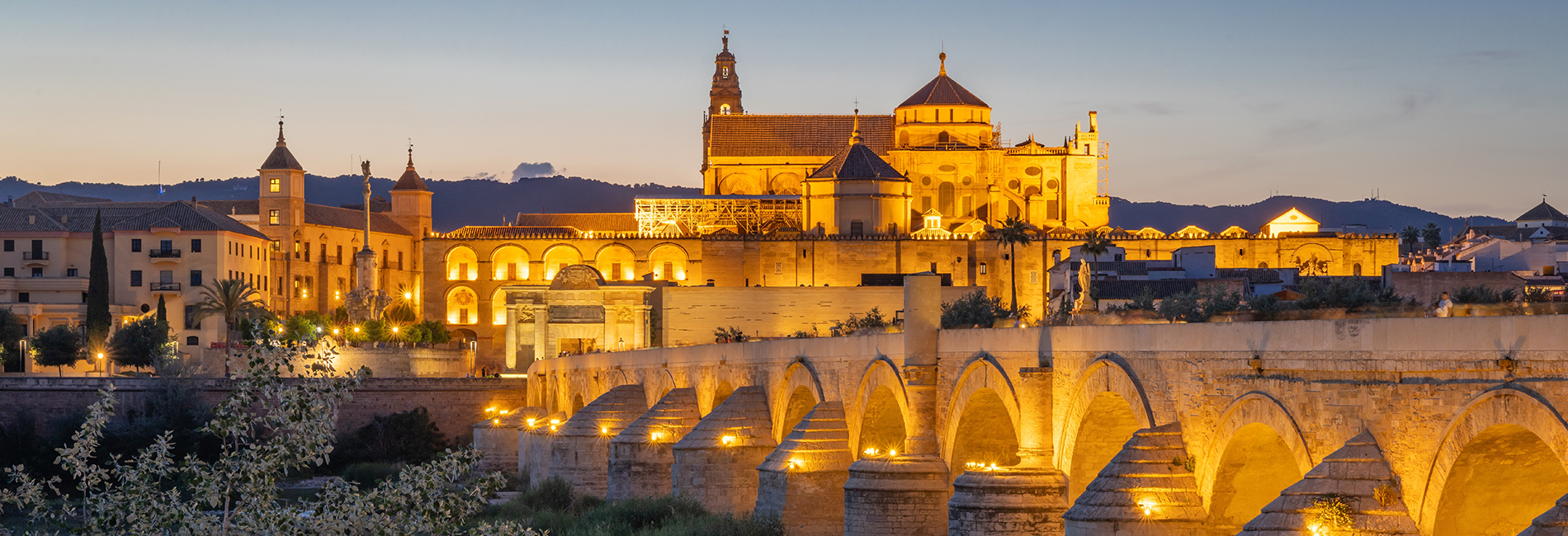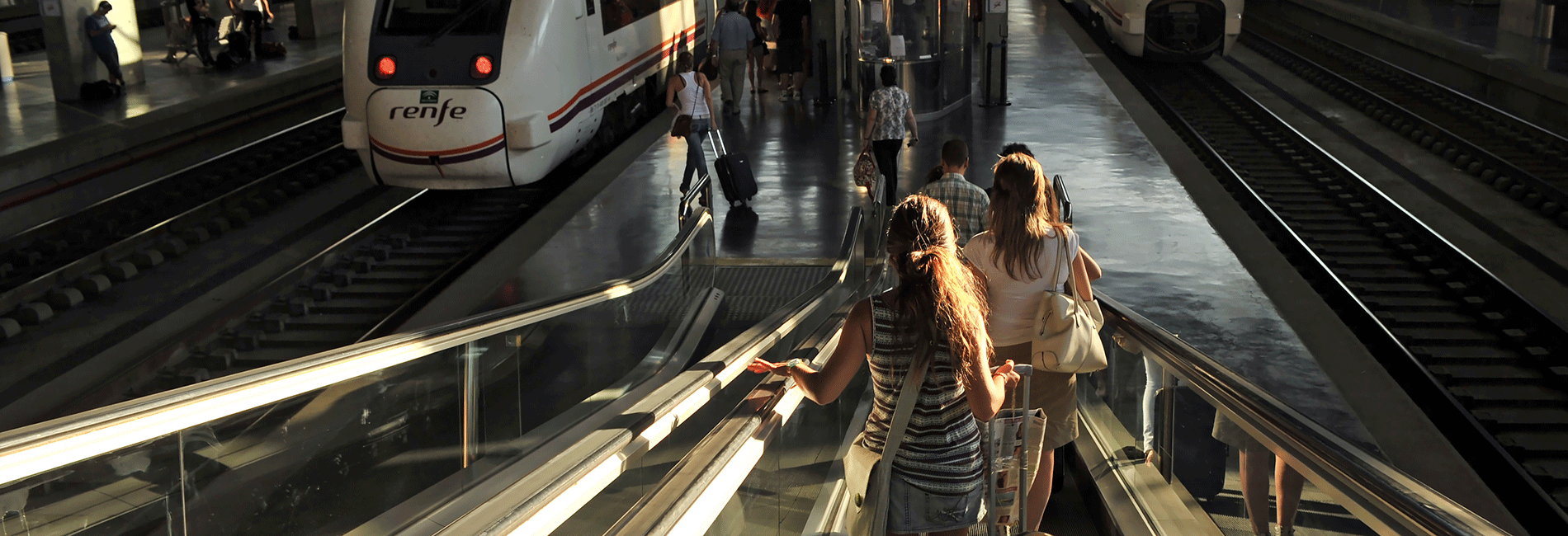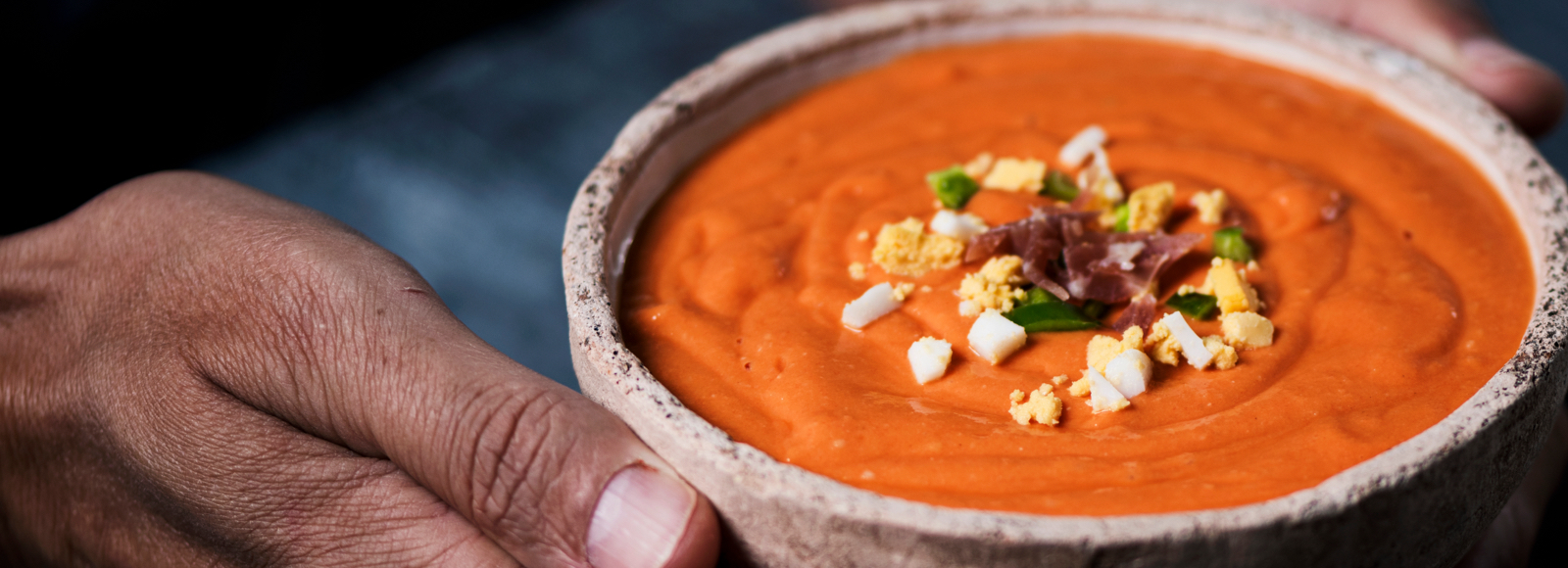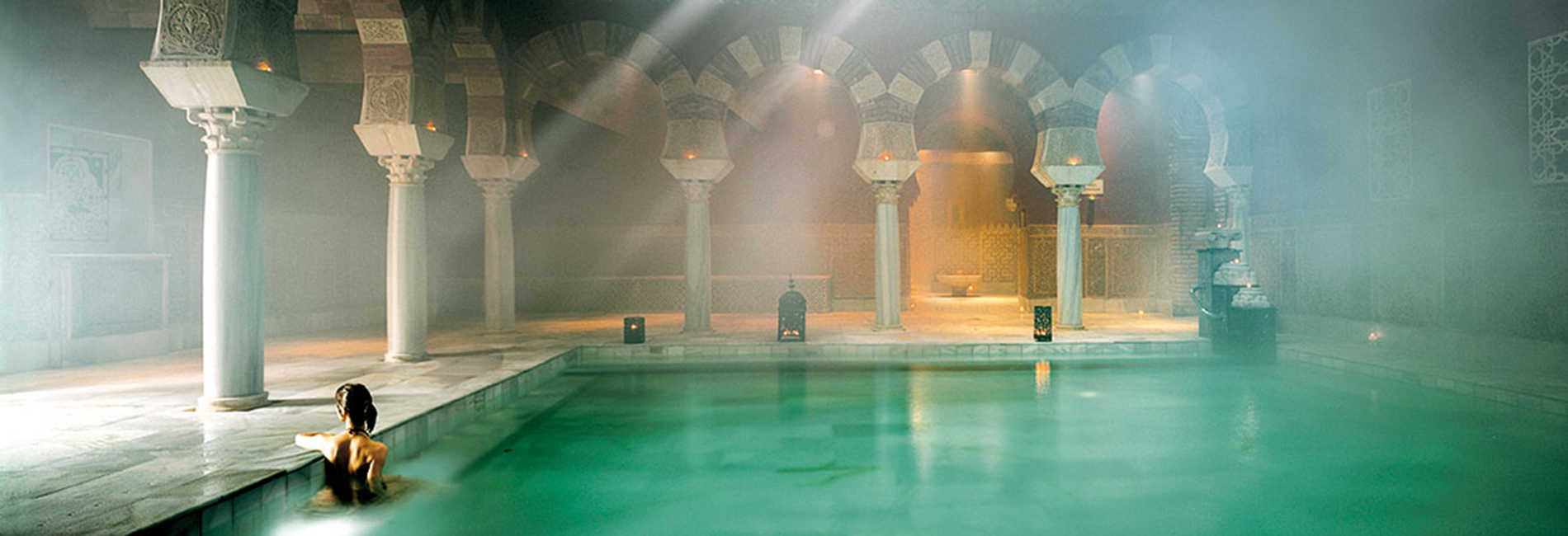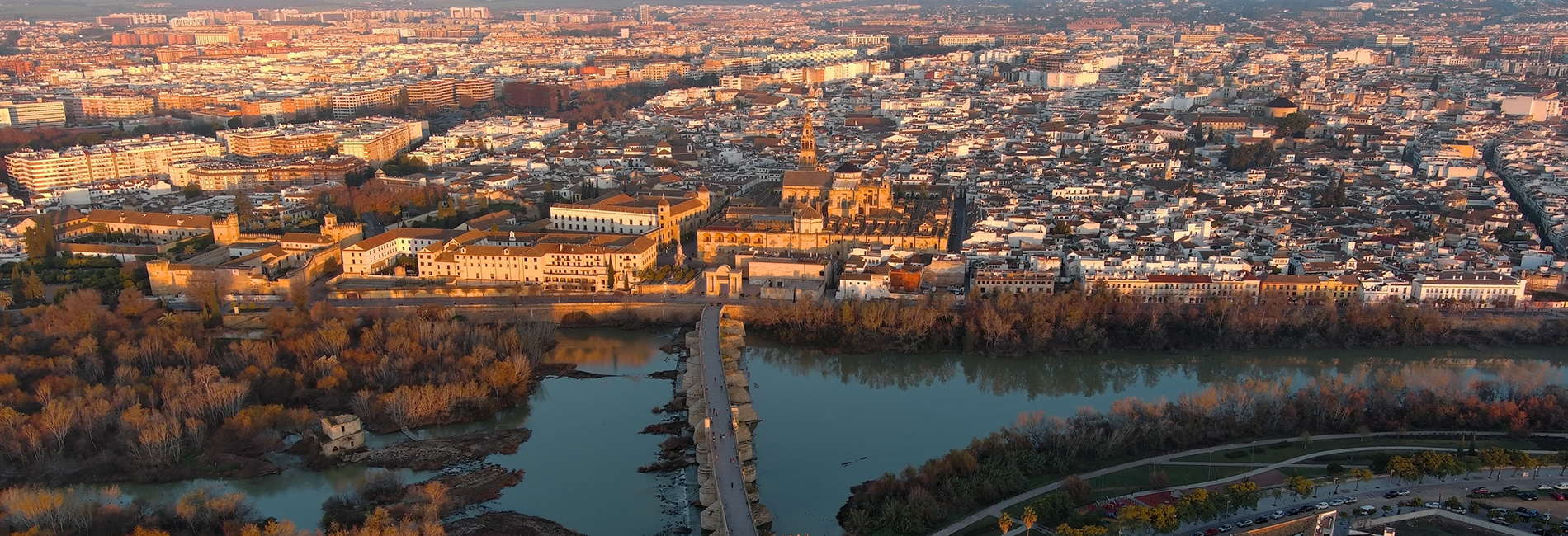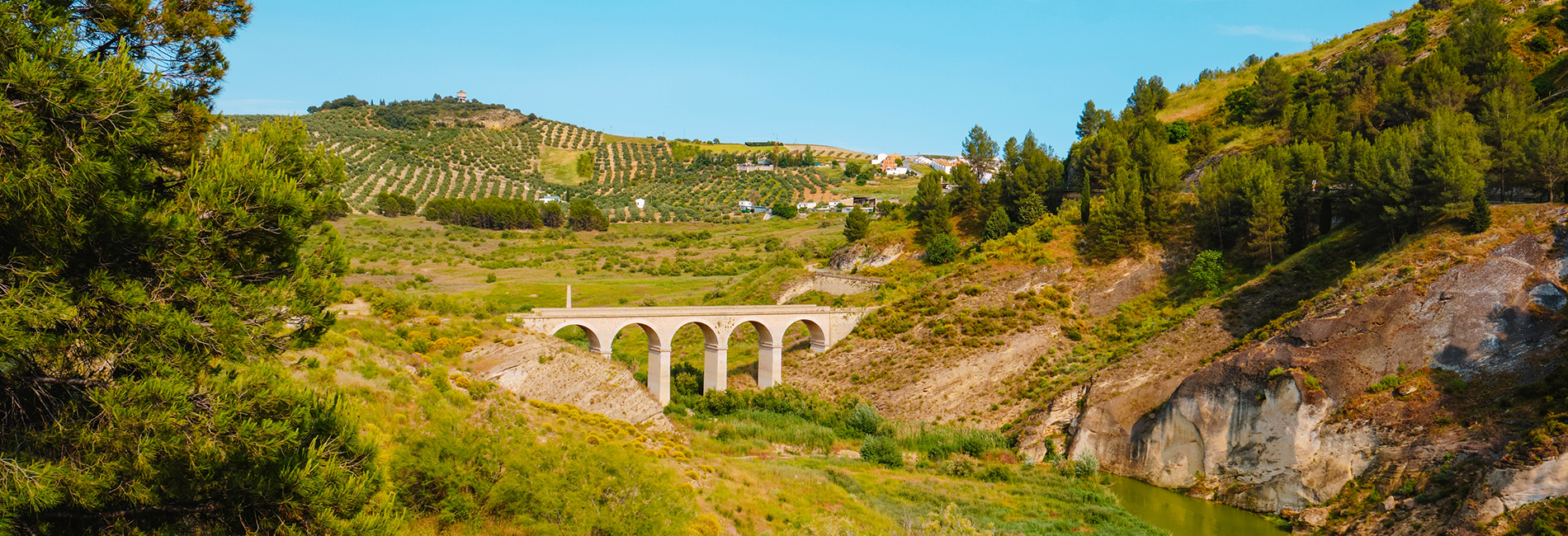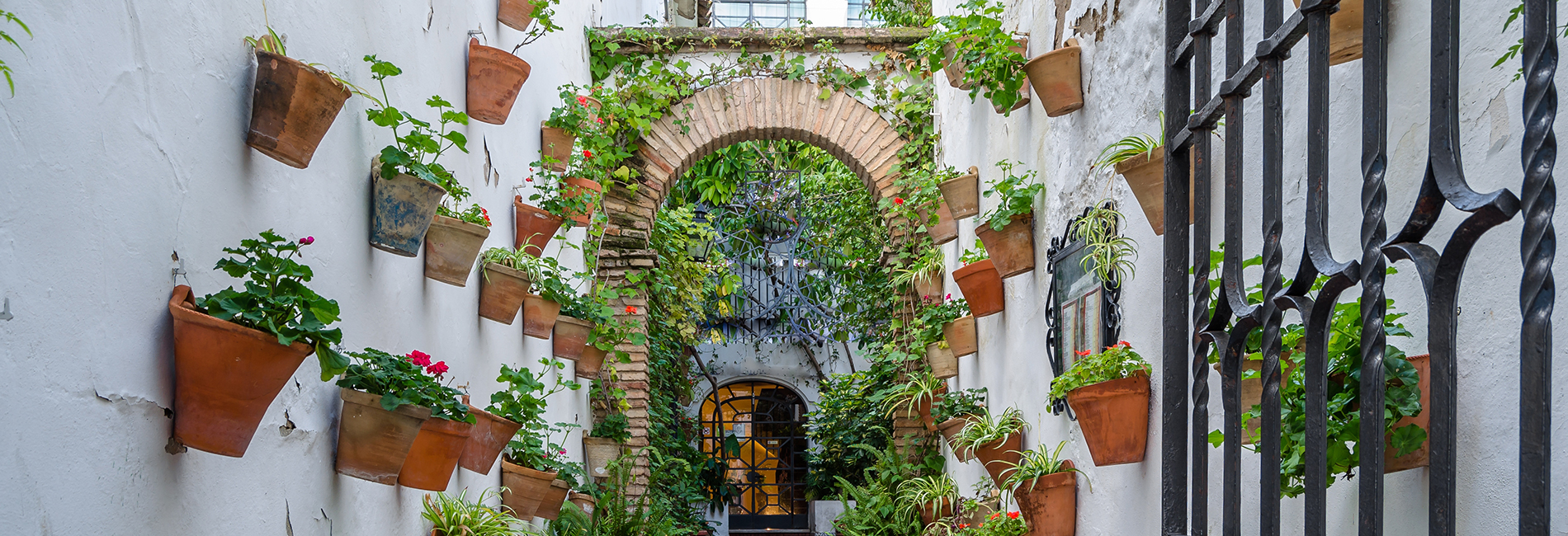Cordoba has historically been the cradle and destination of some of the most distinguished figures of universal culture.
-
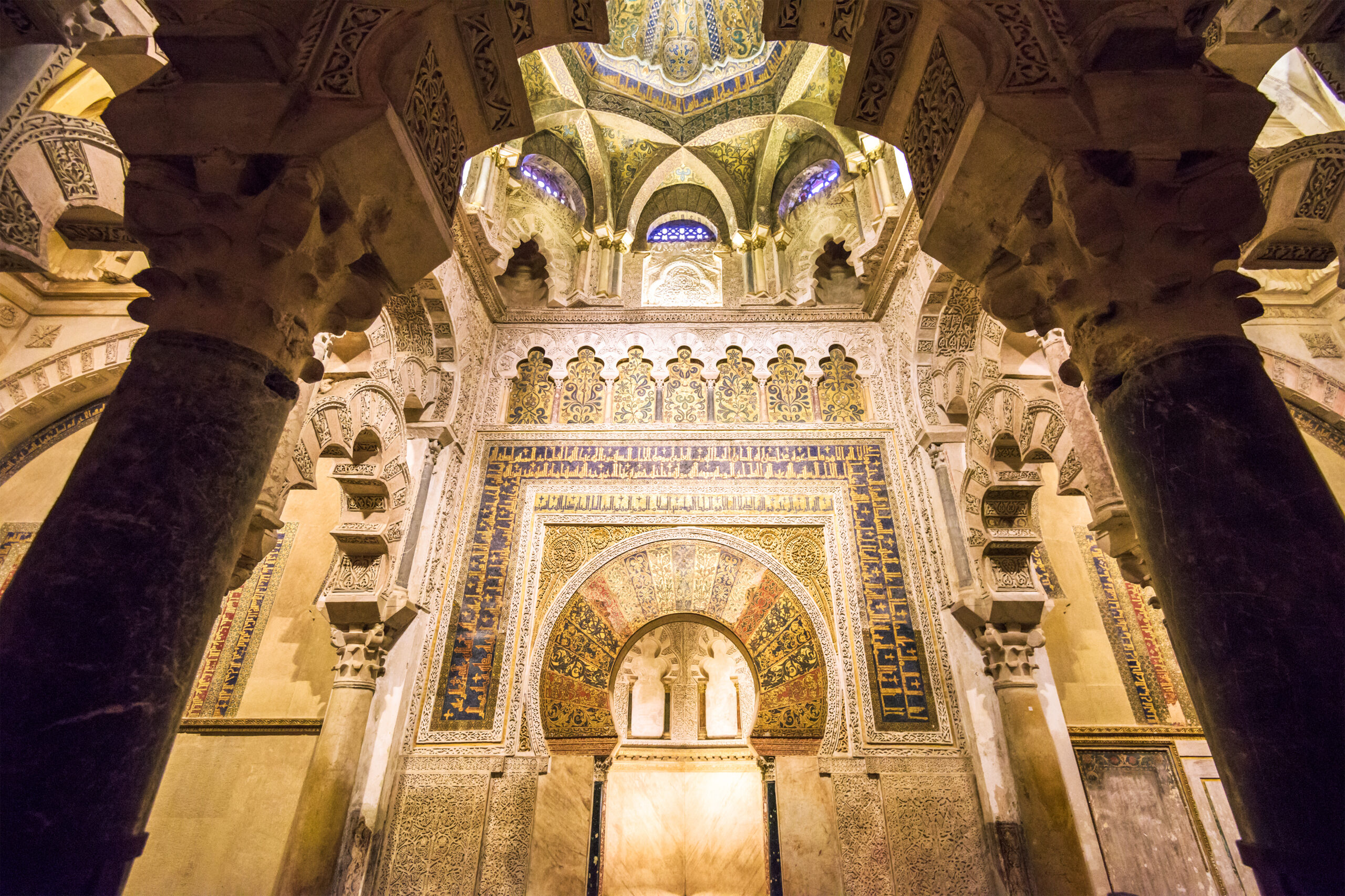
Between letters and science, the footprint of Cordoba
With a simple walk through its streets and squares where the figure of Cordobeses of science and literature of great historical relevance is remembered: Seneca, Bishop Osio of Cordoba, the poets Ibn Zaydun, Ibn Hazam or Luis de Góngora, the philosophers Averroes and Maimónides, the prestigious doctor Al-Gafequi, the painter Julio Romero de Torres, the writer Antonio Gala…
This has been the case from Roman times to the present day, with a capital importance in the most diverse fields – science, philosophy, medicine, art – during the Umayyad splendor (10th century), represented in the 400,000-volume library assembled by the caliph Alhakem II.
-
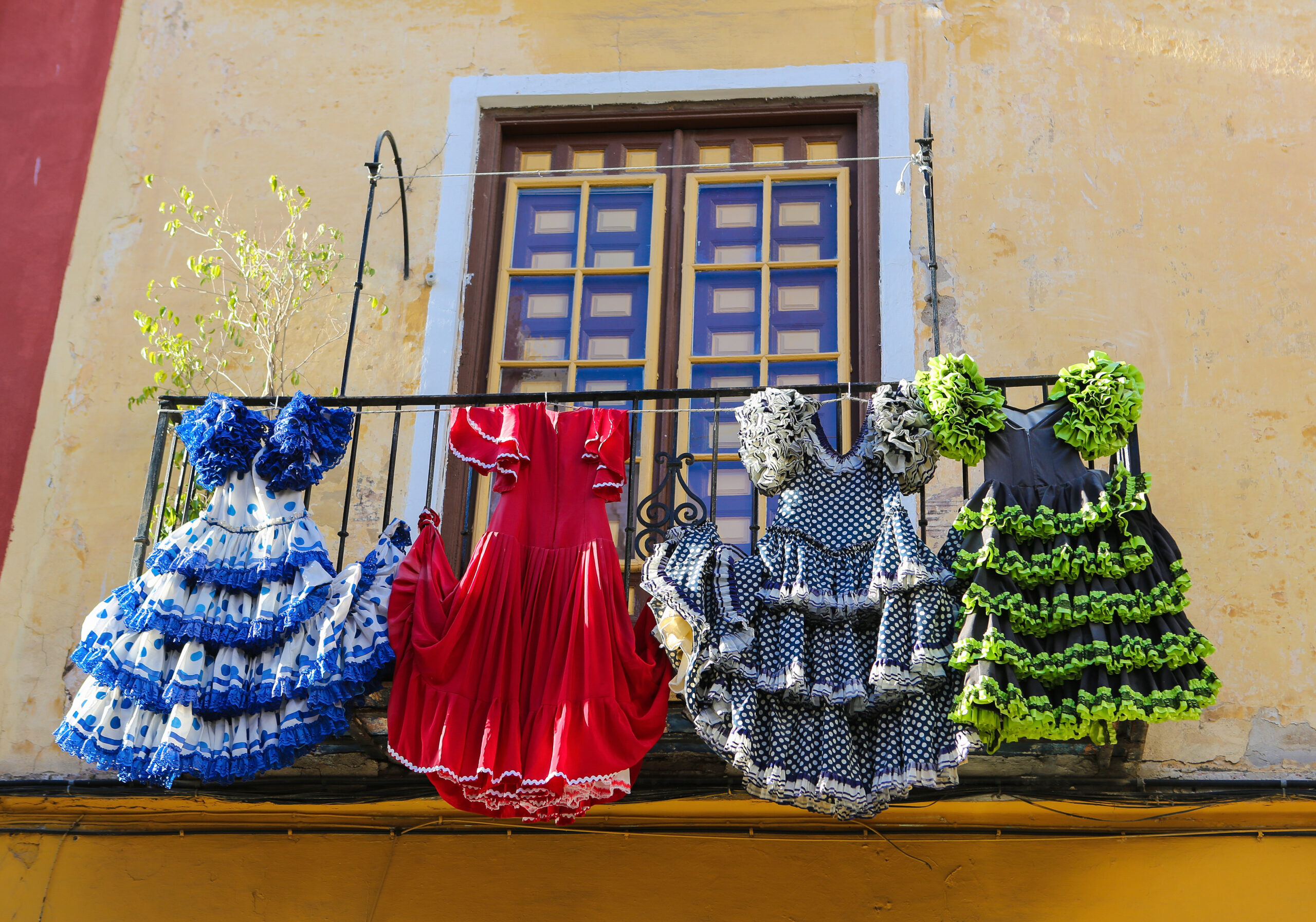
A city that sounds, dances and recites
Cordoba has advanced cultural facilities to cover its extensive annual program of music, theater, dance, exhibitions and poetry, which include highly anticipated events such as the Guitar Festival, Cosmopoética or the White Night of Flamenco.
-

Córdoba,Cultural Capital of the Horse
If there is a city that by history and prestige should be considered the cultural capital of the horse in Spain, it cannot be other than Cordoba. And it is so because here have been marked the great milestones of the horse in our country. Throughout the different historical stages through which Cordoba and its province have passed, the horse has always been a fundamental element of our culture,
.Thus, the horses of “Corduba”, capital of Betica Roma, were famous in the racecourses of Rome, as were the studs of the Umayyad caliphs whose animals grazed at the foot of the palatine city of Medina Azahara, now a World Heritage Site.

